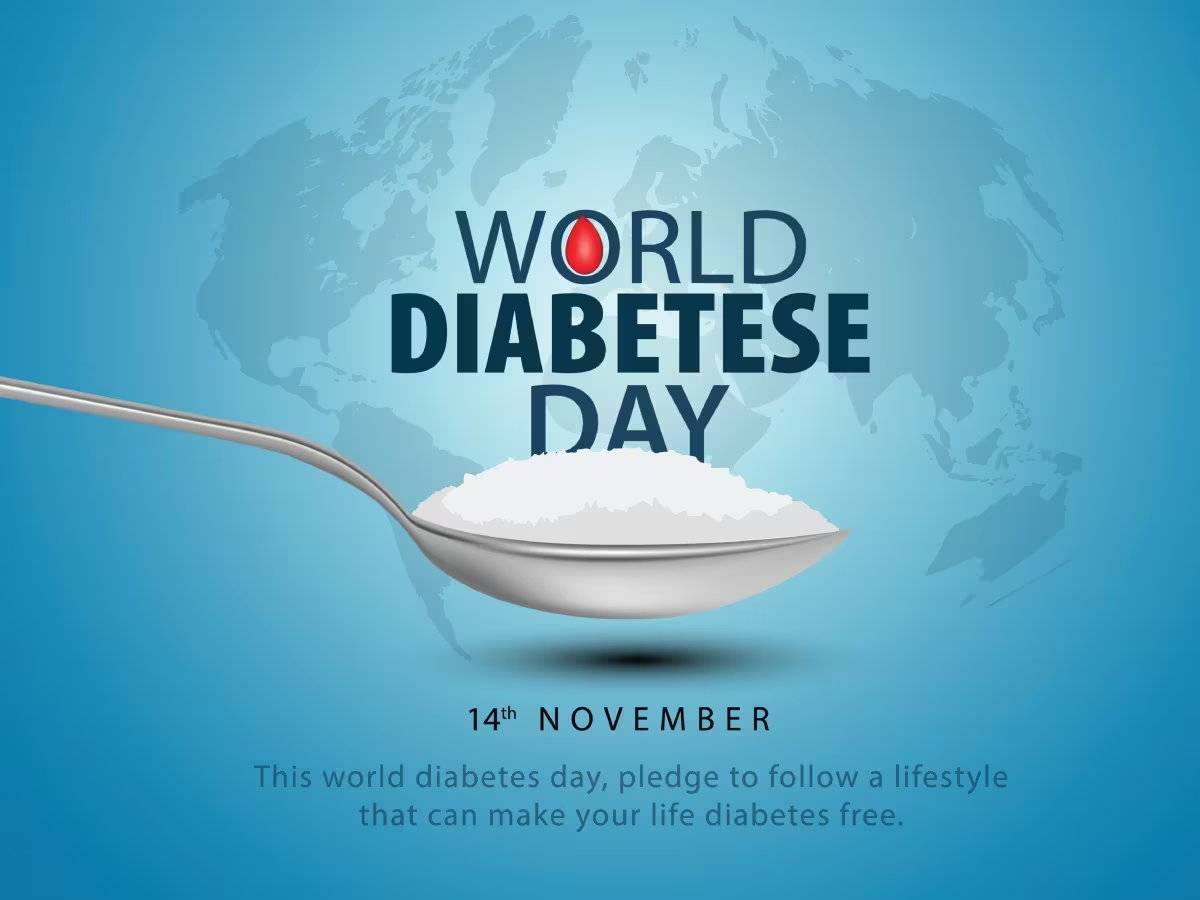Diabetes has become a silent global health crisis, with Type 2 diabetes going undiagnosed in many people until complications arise. Experts stress the need for early detection, as this often overlooked condition carries significant health risks, including increased chances of dementia and Alzheimer’s disease.

Diabetes: A Global Health Emergency
As the world marks World Diabetes Day, experts are sounding alarms about the growing prevalence of diabetes. The International Diabetes Federation warns that Type 2 diabetes often remains unnoticed due to its lack of early symptoms. Without intervention, this “silent killer” can cause severe, sometimes irreversible, damage.
Why Type 2 Diabetes Stays Hidden
Type 2 diabetes is particularly concerning because it can go undetected for years. Many people with the condition don’t experience clear symptoms, allowing the disease to progress unchecked. When symptoms do appear, they are often vague and easily ignored. Unexplained weight loss, fatigue, or mild body aches may seem harmless but could signal a serious underlying problem.
The gradual onset of Type 2 diabetes often leads to delayed diagnosis.
According to health authorities, around 85-95% of all diabetes cases are Type 2. Left untreated, high blood sugar gradually damages organs, nerves, and blood vessels. By the time a person is diagnosed, complications such as heart disease, nerve damage, and kidney issues may already be underway.
Early Warning Signs to Watch For
- Frequent Urination and Thirst: Elevated blood sugar forces the kidneys to filter out excess glucose, leading to frequent urination and, consequently, dehydration. This cycle prompts intense thirst.
- Unexplained Weight Loss: Type 1 diabetes, especially, can cause weight loss without dietary changes. Type 2 diabetes may also lead to unexpected weight loss as the body struggles to use glucose effectively.
- Fatigue and Body Aches: Constant fatigue and muscle aches can often be dismissed as stress-related. However, these can also be early signs of diabetes.
The Risk of Dementia and Alzheimer’s Disease
For those with diabetes, the risks extend beyond blood sugar management. A study from the LEAD Center at the University of Colorado Anschutz Medical Campus shows that young individuals with diabetes face a higher chance of developing Alzheimer’s disease as they age. Dr. Allison Shapiro, one of the lead researchers, highlights this disturbing trend, emphasizing that the damage caused by unmanaged diabetes can be long-lasting.
The implications are clear: managing diabetes is about more than blood sugar. It’s about long-term brain health, too.
Why Screening Matters
Given its silent nature, regular screening is crucial. Testing blood sugar levels or conducting an HbA1c test can reveal prediabetes or diabetes even if no symptoms are present. Early intervention through lifestyle adjustments—like adopting a balanced diet and exercising regularly—can significantly reduce the likelihood of complications. Screening also helps identify those with prediabetes, who can take preventive action to avoid full-blown diabetes.
Regular health check-ups are key to early diagnosis.
Addressing the Stigma and Myths
Another reason Type 2 diabetes often goes unnoticed is the stigma and myths around it. Many people believe diabetes is solely linked to being overweight or eating too much sugar. While lifestyle factors play a role, genetics and age are also significant contributors. Moreover, Type 2 diabetes can affect people of any body type, making awareness and education essential.
Steps Toward a Healthier Future
- Regular Check-ups: Those at risk should prioritize routine screenings to catch diabetes early.
- Healthy Lifestyle: A balanced diet, regular exercise, and maintaining a healthy weight can prevent diabetes from progressing.
- Public Awareness: By dispelling myths, we can encourage more people to recognize and respond to early symptoms.
On World Diabetes Day, the focus must be on education and awareness. Type 2 diabetes is a silent, progressive disease with severe consequences. Early detection through regular screenings can make a profound difference. Staying informed and vigilant can help prevent diabetes from becoming a life-altering condition.












